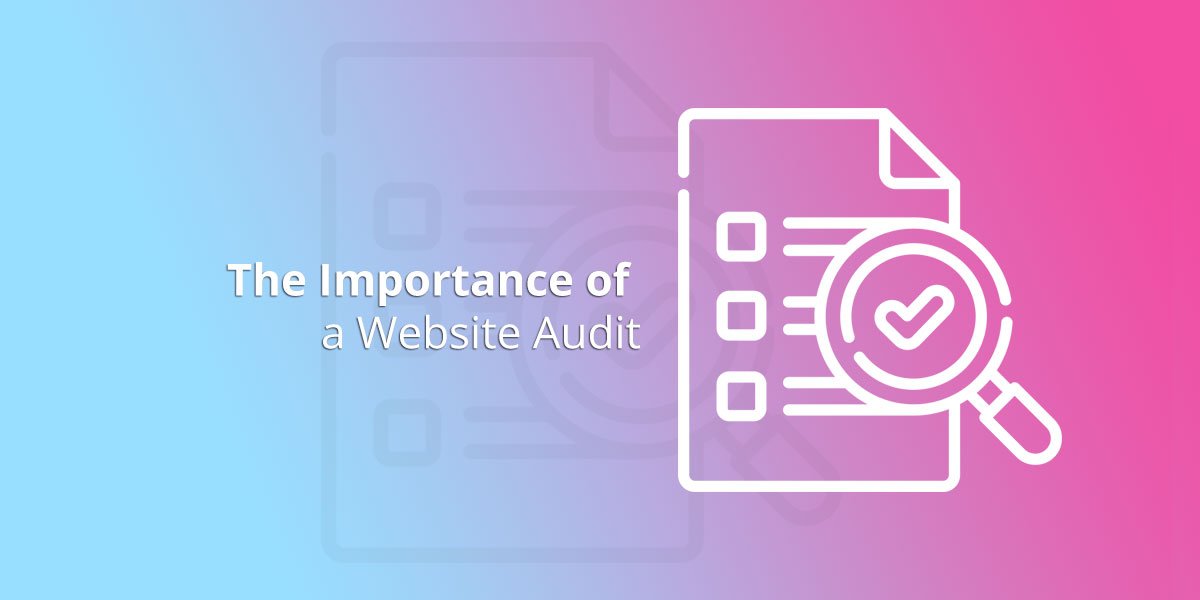In the ever-evolving digital landscape, a website acts as the digital storefront of your business, embodying its online presence and engagement with the global audience. However, just like a physical store requires regular inspection and maintenance, a website too demands a thorough audit to ensure it’s functioning optimally. This necessity is not just about keeping the site aesthetically pleasing but also ensuring that it meets the technical standards required for achieving top rankings in search engine results, enhancing user experience, and ultimately driving business growth.
Understanding Website Audits
A website audit is a comprehensive analysis of all the factors that affect a website’s visibility in search engines. This process involves checking for broken links, ensuring the accuracy of meta data, assessing the relevance and optimization of content, evaluating the website’s structure and navigation, and much more. It’s a critical health check that identifies areas of improvement to help your site rank better, load faster, and offer a seamless user experience.
Core 
- Checking Broken Links: Broken links can significantly harm your website’s SEO and usability. They lead to poor user experience and negatively impact your site’s ranking. Identifying and fixing these links is crucial.
- Ensuring Meta Data Accuracy: Meta titles and descriptions play a vital role in search engine optimization. They need to be precise, descriptive, and within the recommended length to perform effectively.
- Image Titles and Alt Text: Images enhance a website’s appeal, but without proper titles and alt text, their value in SEO terms diminishes. Ensuring every image is correctly tagged helps in improving site accessibility and ranking.
The Benefits of Regular Audits
Conducting regular website audits helps in identifying outdated content, technical glitches, and SEO opportunities. It’s about staying ahead in the digital game by ensuring your site is compliant with the latest search engine algorithms, security standards, and web technologies.
The Consequences of Neglect
Neglecting website audits can lead to a decline in search engine rankings, a drop in site traffic, and a poor user experience, ultimately affecting your business’s credibility and revenue.
Impact on User Experience
A site plagued with technical issues, broken links, and outdated content can frustrate users, leading to high bounce rates and low conversion rates.
SEO Implications
Search engines prioritize websites that offer value to users. Without regular audits, your site might fall short of these standards, affecting its visibility and ranking.
How to Conduct a Website Audit
A website audit can be a daunting task, but with the right tools and a structured approach, it can be managed efficiently.
Tools and Technologies
 Several online tools can help automate parts of the audit process, from checking for broken links to analyzing on-page SEO factors.
Several online tools can help automate parts of the audit process, from checking for broken links to analyzing on-page SEO factors.
Step-by-Step Guide
- Identifying Technical Issues: Use tools to scan for broken links, missing meta tags, and other technical SEO issues.
- Content Analysis: Assess the quality, relevance, and optimization of the content on your site.
- Usability Testing: Evaluate the site’s navigation, mobile responsiveness, and overall user experience.
How We Can Help
Our team specializes in conducting in-depth website audits. We offer customized solutions tailored to your site’s specific needs and goals.
Our Expertise
With a deep understanding of SEO, usability, and content strategy, we’re equipped to identify and address the most complex issues affecting your site.
Customized Audit Solutions
We believe in a personalized approach, ensuring our audit strategy aligns with your business objectives.
Ongoing Support and Maintenance
Beyond the audit, we provide ongoing support to implement the recommended changes and continuously improve your website’s performance.







